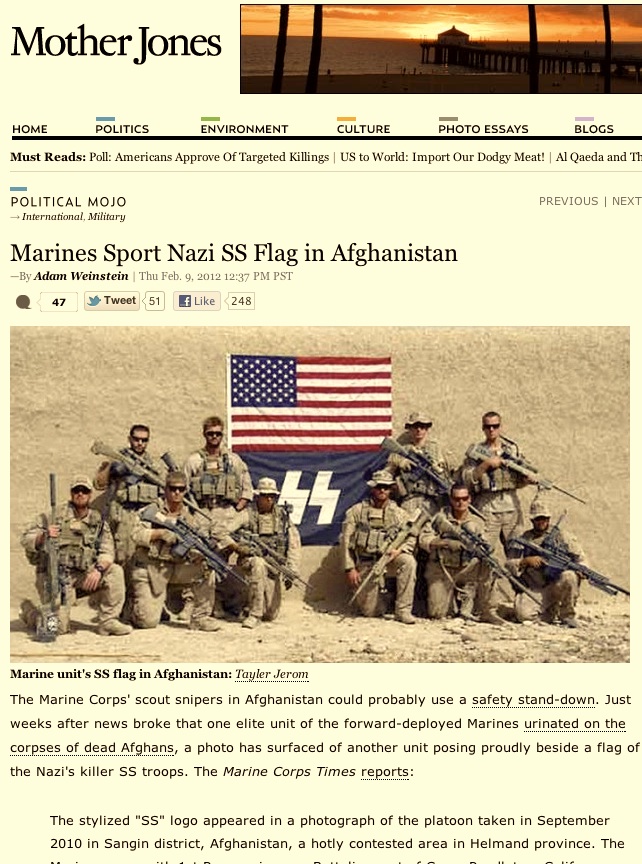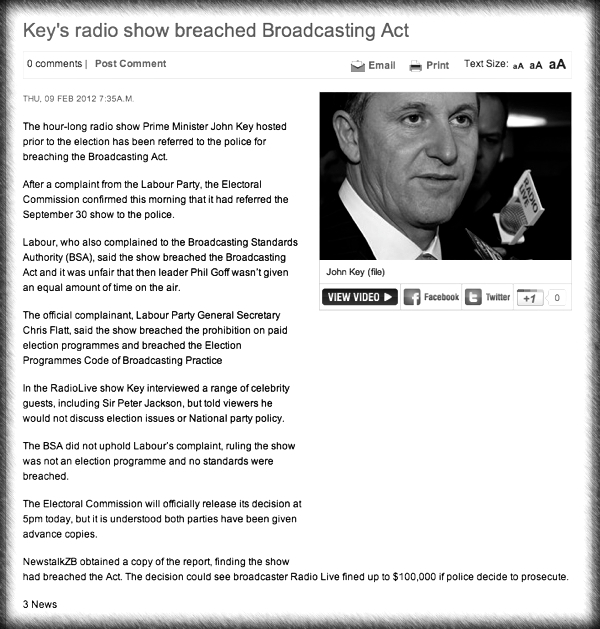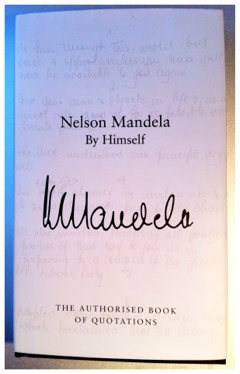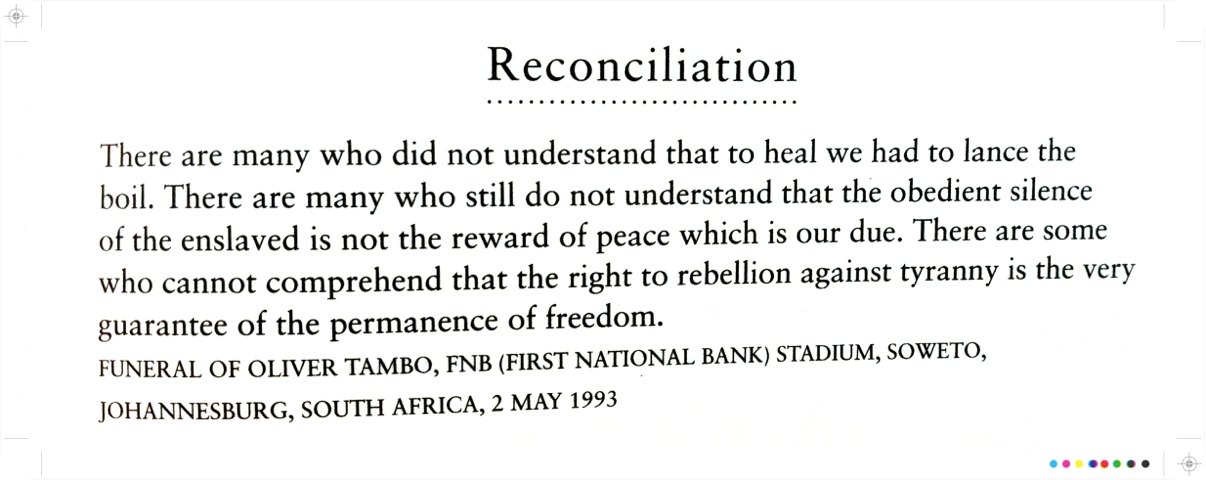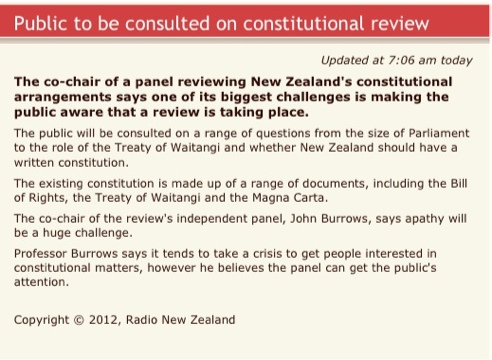I don’t discuss Tucker Carlson much. There’s a good reason for that. I don’t respect what he does. He’s never recovered from the discrediting he received at Jon Stewart’s hands on Crossfire, and his bitterness and petulant readiness to try to label Stewart a ‘partisan hack’ at any slender opportunity is laughable.
Where I do acknowledge Tucker’s expertise is in the area of converting right wing angst about the ‘liberal media’ into a meal ticket. Tucker has managed to attract funding for what was pitched as a right wing answer to the influential left wing news site Hufflington Post — the Daily Caller which histrionically ‘goes after’ left wing media figures exposing them as having opinions (gasp) as if that was akin to exposing a child pornography ring involving policemen, politicians and priests (… oh, wait.)
At present, election year in the US, Tucker and his online mag are trying to discredit Media Matters for America, unquestionably a thorn in the side of the liars and hyperbolists (new word!) of all shades who seek to smear their opponents by falsehoods, deliberate misinterpretations and exaggerations (think Sarah Palin’s ‘death panels’ and Rush Limburgh etc)
Sadly for Tucker (although he’ll gain stature in the view of his one-eyed funders) he’s doing a crap job of it. I read his first breathless vacuum and noted the lack of attribution to sources, calling it an
Obvious smear campaign filled with unnamed ‘sources’, alleged but not produced ‘memos’ and ominous hyperbole. Shabby.
The turgid innuendo about mental illness, allegedly on and off meds, looked like Carlson-esque character assassination and, not providing sources, as I have often said before (see Linking to sources — why it’s vital for credibility (Case study: property spruiker Sean Wood for example) is a dead giveaway for making sh*t up.
The Poynter institute for journalism ran an article by Andrew Beaujon which touches on this lack of sources, actually quantifying Tucker’s (lack of) demonstrated basis for his vitriol …
The Daily Caller’s series of attempted takedowns about Media Matters for America continues with a Tucker Carlson-bylined piece, published late Monday night, that alleges Media Matters considered attending the same events as Fox News personalities … paying for their own tickets if necessary. At least this story has a solid document behind it; the DC’s first story quoted, in order: “a former coworker,” “one employee,” “a former Media Matters employee,” “one staffer,” “one former staffer,” “one source,” “a Media Matters source,” “another source with firsthand knowledge,” “one former staffer,” ”the former employee,” “a Media Matters source,” “a source,” “a fellow attendee,” “this person,” “a coworker,” “Friends,” “Sources back at the Media Matters offices,” “one source with knowledge of what happened next,” “someone who witnessed it,” “One staffer,” “David Saldana, the former deputy editorial director at Media Matters,” and “one employee.”
Before you get too excited about the ‘solid document’ behind Tucker’s second er, article, see this:
http://www.politico.com/blogs/media/2012/02/daily-caller-publishes-yearold-mmfa-memo-114321.html
Anyway, we could talk until the cows come home about partisan hackery, but my respect as a journalist will always go to those who provide concrete sources for their allegations/exposés etc rather than just try to demean and smear their opponents with name-calling and innuendo or weak suggestions that because someone doesn’t agree with them, they must be kinda insane.
– P
PS Of course Media Matters for America is just as much in the ‘raise funds from like-minded people’, ‘build an empire’ and ‘influence the public discourse’ game as Tucker Carlson and his henchmen teammates are. The political game, especially in America, is so choked with money and influence it attracts people who want … money and influence. Hello?
UPDATE: Doh! Why is Tucker running an “‘Inside Media Matters’ investigative series” now? Gee could it be this:
The Fox Effect How Roger Ailes Turned a Network into a Propaganda Machine

Coming out next week ... so, for the faithful, start discrediting Brock/Media Matters now. D'ya think?




